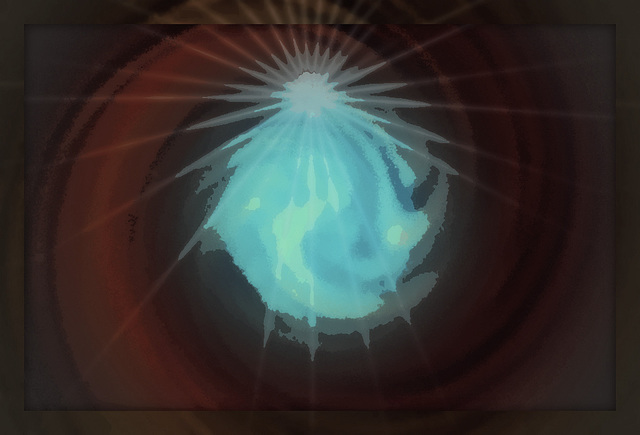Karl Marx
Thomas Hobbes 1588-1679
Arthur Schopenhauer
Words
Future of PC
Ouch! ... It's cold
Grass
Grass
Downtown
Chrysler
Ford
Chevrolet
Brush
.............? 1930
Ford Victoria 1951
Lincoln 1962
Chevy Impala 1958
Studebaker 1960
Ubiquitous
June 13th 2008
Eratosthenes' Geodesy
J.Krishnamurthi & physicist David Bohm ~ 1984
Bring me the sunset in a cup
One evening
Twilight
Autumn Moon
"A Premier of the Daily Round"
One leaf on a branch
Walking alone In Dead of Winter
The Lane
January morning
Snowy woods
On ice
A Cardinal
No answer came
High places
Dreams in the dusk
Keywords
Authorizations, license
-
Visible by: Everyone -
All rights reserved
-
129 visits
- Keyboard shortcuts:
Jump to top
RSS feed- Latest comments - Subscribe to the comment feeds of this photo
- ipernity © 2007-2024
- Help & Contact
|
Club news
|
About ipernity
|
History |
ipernity Club & Prices |
Guide of good conduct
Donate | Group guidelines | Privacy policy | Terms of use | Statutes | In memoria -
Facebook
Twitter



Arguably the most basic ethical issue considered by human beings relates to the emergent state of human brain that we call consciousness (as opposed to the ideas it develops). It is the classic issue of free will, about which ideas have been evolving culturally for millennia and which can hardly be said to be fully understood by anyone. The question is: if the brain is an organic “machine,” subject to the laws of nature and constructed by an interaction between genetic material and complex physical, chemical, and social environments, aren’t all human behaviors simply programmed responses to those factors? Indeed, weren’t they all preordained from the moment of the origin of universe? Should any one, then, ever be praised or blamed for her behavior?
We would not pretend to have a pat answer to this ancient question. Our view is relatively simple. Our minds are a function of our brains, which have been formed by an interaction of inherited genetic “instructions” with environmental information both in the womb and throughout postnatal life. This is an ongoing process, which in a social context means a constant dialogue with others and continual observation of events that lead to a constant updating of our views of the past, probabilities of future events, our opinions of others, and other ethical views. We learn the evolving norms of our social groups and adjust our views of what we will and (perhaps more important) what we will not do in various situations.
The world interacting with our brains is not totally determined (e.g., one cannot predict when any given radioactive atom will decay), and it seems reasonable to assume that our social behavior is not all preordained either. The question of how much of our activity is in some sense automatically programmed (evidence from new imaging techniques indicates that our brains can decide on many actions before we become aware of the decisions), or “constrained,” and how much is “free” remains a philosophical one. But in many if not most cases we apparently can override automatic decisions, sometimes to act “responsibly.” Neuroscientist Michael Gazzaniga said that “the brain is determined, but the person is free.” Intriguing, but, like many statements about freewill, not totally helpful. Our brains are product of genetic evolution, key to the evolution of our complex culture, and the organ responsible for our global dominance. But scientists, and perhaps philosophers, have a long way to go even to approach a full understanding of them. ~ Pages 83 to 86
Indeed it is difficult to find a crisp definition of consciousness, as it is difficult to fine one for, say, life. If by 'life' you mean life in all its detailed richness then this cannot be encompassed in a crisp definition. Yet (now) life can be understood as a product of evolution through natural selection. That provides us with a general definition, but of a kind that only became possible, because it could only make sense, after Lamarck, Darwin, Wallace and others had discovered evolution and started the lines that led to our current understanding of it. ~ Page 153 Excerpt: Evolving the Mind - Author A.G.Cairns-Smith
If intelligence does not provide simple answers perhaps consciousness might. Many people believe that human consciousness is unique and is responsible for making us human. Yet scientists cannot even define the term “consciousness’. Everyone knows that their own consciousness is like but they cannot share that knowledge with anyone else. This troublesome fact -- the subjectivity of consciousness -- may explain why for most of this century the whole topic of consciousness was more or less banned from scientific discussion. Now at last it has become fashionable again, but scientists and philosophers cannot even agree on what an explanation of consciousness would look like. Some say that the “Hard Problem’ of subjectivity is quite different from any other scientific problem and needs a totally new kind of solution, while others are sure that when we fully understand brain function and behaviour the problem of consciousness will have disappeared. ` Page 2 Excerpt: “The Meme Machine” ~ Author Susan Blackmore
Sign-in to write a comment.